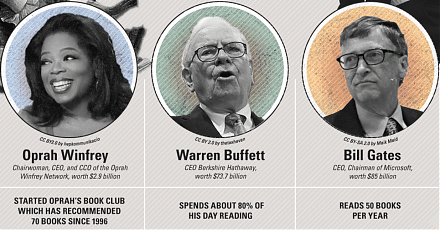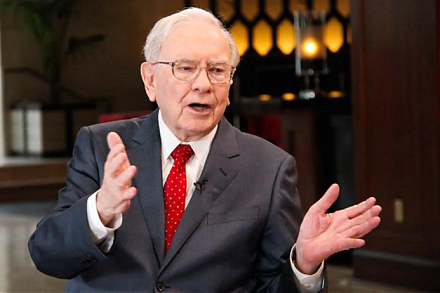

2019-05-05 10:34:00 Sun ET
technology social safety nets education infrastructure health insurance health care medical care medication vaccine social security pension deposit insurance
Former Vice President Joe Biden enters the next U.S. presidential race with many moderate-to-progressive policy proposals. At the age of 76, Biden stands out the presidential race as the favorite among Democratic voters in the recent polls. Biden enters the fray with a half-century of government experience with senior roles as the former chairman of Senate Foreign Relations Committee and vice president under President Barack Obama. On public finance, Biden cites high health care and energy costs as the primary threats to the economic prosperity of U.S. firms. Addressing these economic issues helps U.S. firms better compete worldwide. In addition, Biden supports better balancing the fiscal budget with deficit reductions. This fiscal policy stance contrasts with big tax cuts under the Trump administration. Biden indicates the essential need for U.S. banks to operate under the 5 key pillars of financial regulation: capital rules, low-leverage limitations, liquidity requirements, macroprudential stress tests, and deposit insurance constraints.
On agriculture, Biden opposes importing non-native species, which inadvertently alter domestic vegetation, compete with native species, introduce new diseases, and interfere with maritime commerce. Biden also supports a $15 minimum wage proposal, higher taxation on capital investment income, no tuition for public college students, and broader infrastructure.
If any of our AYA Analytica financial health memos (FHM), blog posts, ebooks, newsletters, and notifications etc, or any other form of online content curation, involves potential copyright concerns, please feel free to contact us at service@ayafintech.network so that we can remove relevant content in response to any such request within a reasonable time frame.
2019-09-30 07:33:00 Monday ET

AYA Analytica finbuzz podcast channel on YouTube September 2019 In this podcast, we discuss several topical issues as of September 2019: (1) Former
2018-04-11 09:37:00 Wednesday ET

North Korean leader and president Kim Jong-Un seeks peaceful resolution and denuclearization on the Korean Peninsula. When *peace* comes to shove, Asia
2023-06-19 10:31:00 Monday ET

A brief biography of Dr Andy Yeh (PhD, MFE, MMS, BMS, FRM, and USPTO patent accreditation) Dr Andy Yeh is responsible for ensuring maximum sustainable me
2018-12-13 08:30:00 Thursday ET

The recent arrest of HuaWei senior executive manager may upend the trade truce between America and China. At the request of several U.S. authorities, Canadi
2023-10-28 12:29:00 Saturday ET

Paul Morland suggests that demographic changes lead to modern economic growth in the current world. Paul Morland (2019) The human tide: how
2017-12-17 11:41:00 Sunday ET

Warren Buffett points out that it is important to invest in oneself. Learning about oneself empowers him or her to lead a meaningful life. This valuable inv